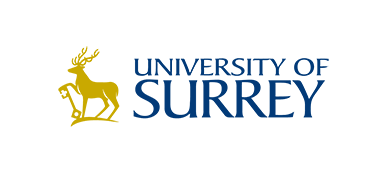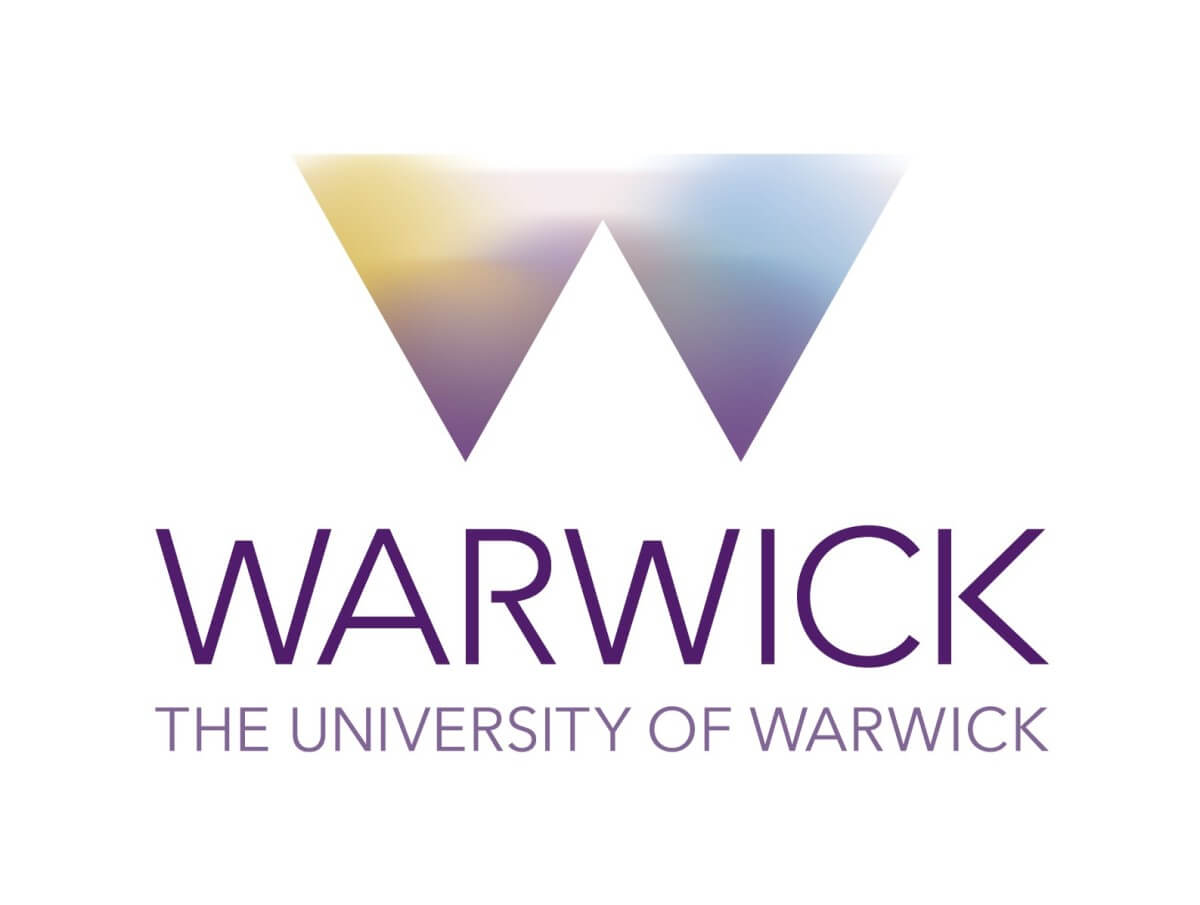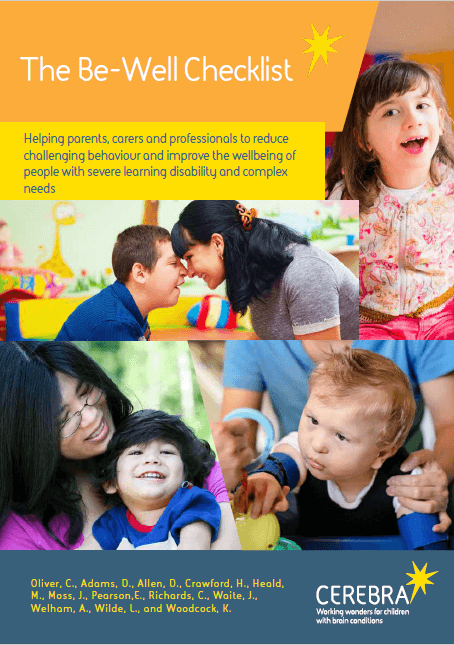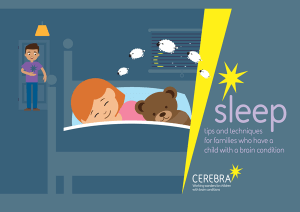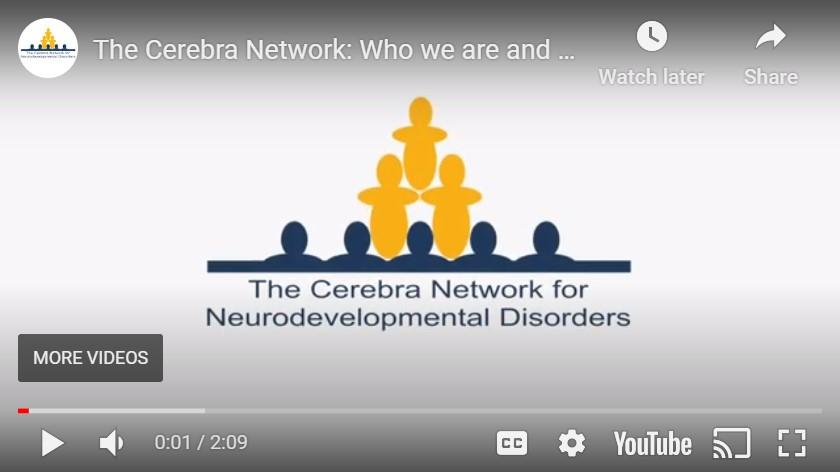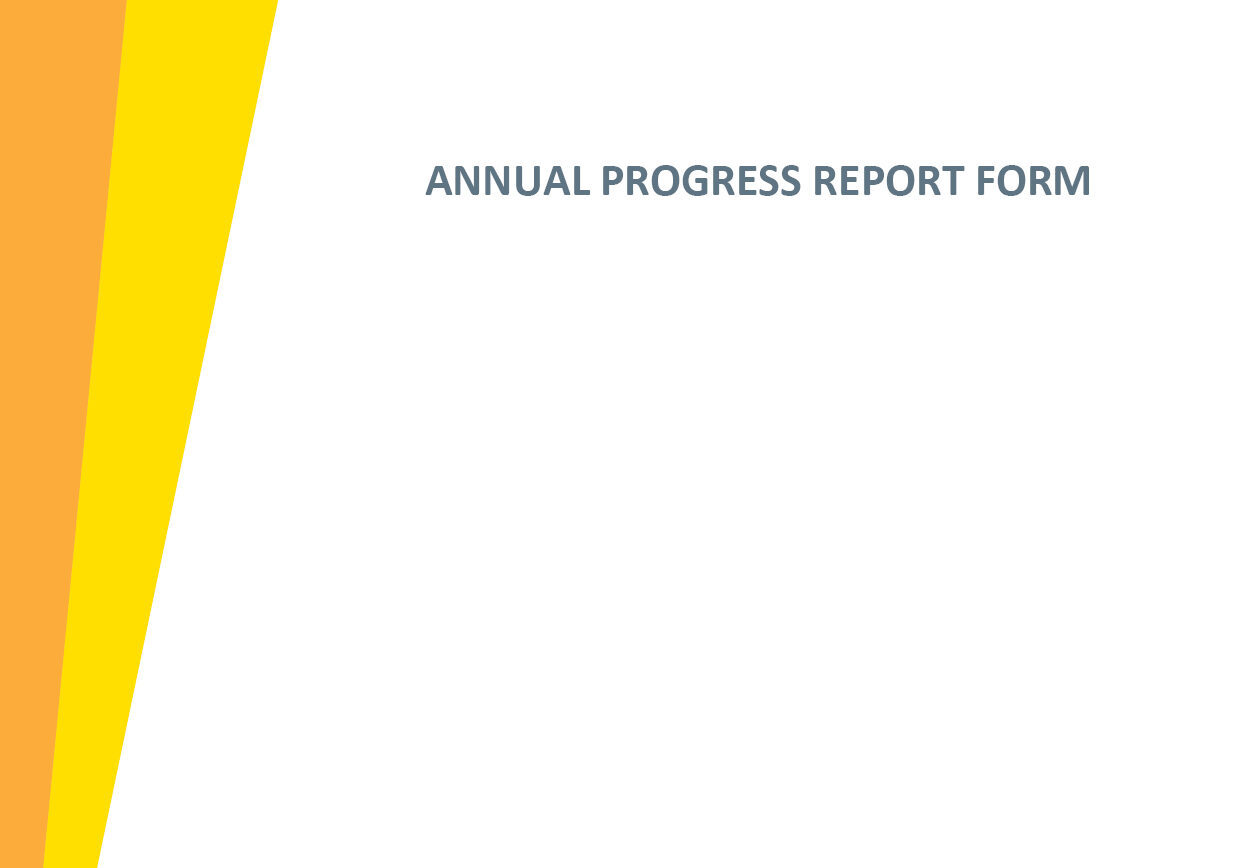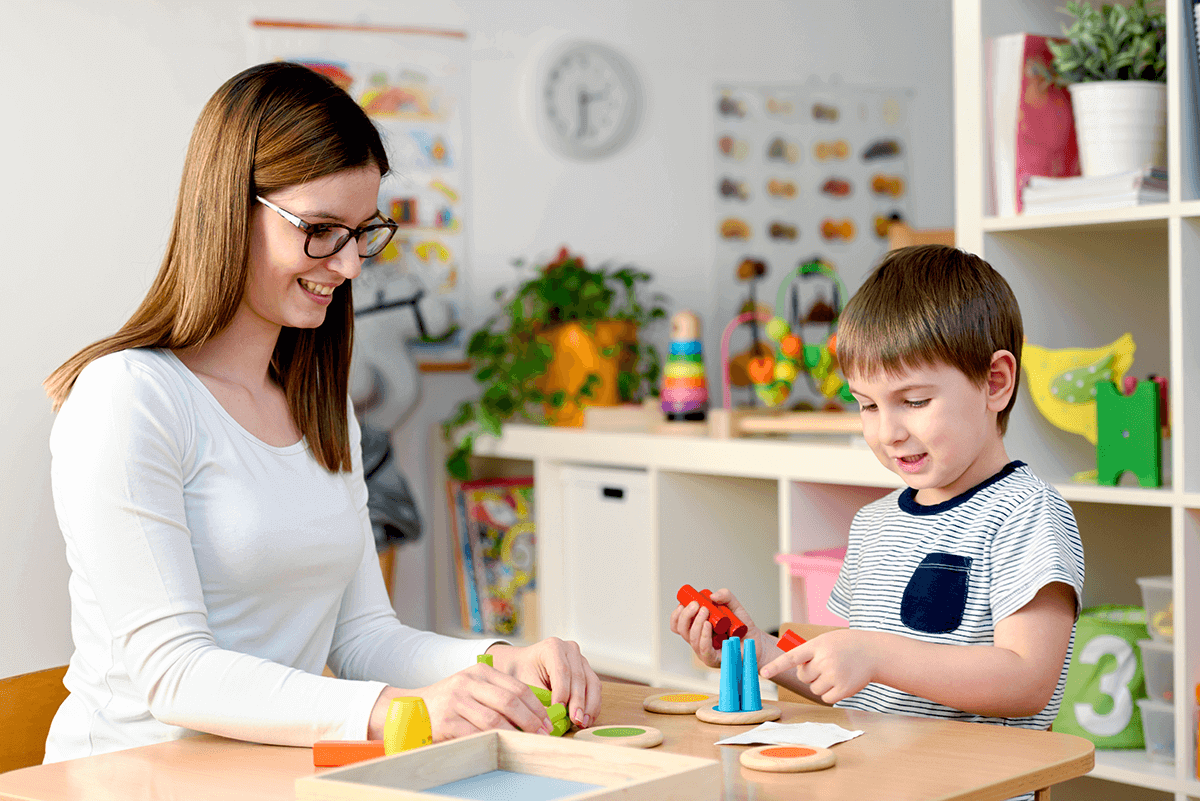The Cerebra Network is led by Dr Caroline Richards (University of Birmingham), Dr Hayley Crawford (University of Warwick), Dr Jo Moss (University of Surrey) and Dr Jane Waite (Aston University). Each of the four institutions lead on extensive research into sleep, autism and mental health with a shared focus on behaviour.
The Network's core aim is to conduct robust research to improve the evidence that underpins better assessment and interventions for clinicians, and leads to improved outcomes for children with rare genetic syndromes and their families.
Key Research Areas
Sleep & Behaviour
Not only is sleep essential for all aspects of daytime functioning, including behaviour, it is also a key area of concern for many families of children with complex needs. The Cerebra Network is conducting research to better understand the interaction between sleep and daytime behaviour in people with complex needs, as well as piloting targeted syndrome specific sleep interventions.
Mental Health
We know that people with intellectual disabilities and genetic syndromes are at increased risk for experiencing anxiety and other mental health difficulties. When someone can't describe their experiences, it can be difficult for professionals or even family members to spot. The Cerebra Network is developing better tools for identifying anxiety, and working hard to understand what drives anxiety in different syndrome groups.
Autism
Although understanding and awareness of autism has improved in recent years, our knowledge of autism in genetic syndromes is still lacking – meaning it is not always recognised or diagnosed. Research from the Cerebra Network is exploring how autism might differ across genetic syndrome groups, and applying that knowledge to find new ways to improve autism assessments and support for people with genetic syndromes.
Key Research Projects
The BEOND project is studying behavioural and emotional outcomes in children and adults with rare genetic syndromes. Designed with input and support from a number of syndrome support groups the questions asked are driven by specific needs of the groups.
This flagship study will provide foundational data for the Cerebra Network to translate into resources for families, educators, and healthcare professionals.
The BEOND study is currently open - click the button to learn more and find out how you can take part.
The FIND website aims to improve the quality of life for people with rare genetic syndromes by sharing knowledge in an accessible way; reducing the amount of time it takes research findings to reach parents, carers and professionals.
Many of the measures and assessment tools developed and tested by Cerebra Network researchers are freely available. These include a new teacher training module designed to help educational professionals feel more confident in meeting the needs of students with genetic syndromes and intellectual disability.
Children with rare and complex needs are often at high risk for displaying challenging behaviour. The Be-Well Checklist helps to identify common causes of challenging behaviour, ensuring that these are not inadvertently overlooked. These include social difference, mental health conditions, and sleep disorder, among others.
Further funding from Cerebra and Great Ormond Street Hospital Charity is enabling further development of the checklist in collaboration with parents, academics and clinicians. The study will also pilot its use in paediatric clinical services to provide the evidence that this improves assessment and intervention.
How the Cerebra Network makes a difference
The Cerebra Network is committed to translating their research into resources, assessment measures and interventions, and to training the next generation of specialists who will go on to work in various roles including healthcare professionals and researchers.



